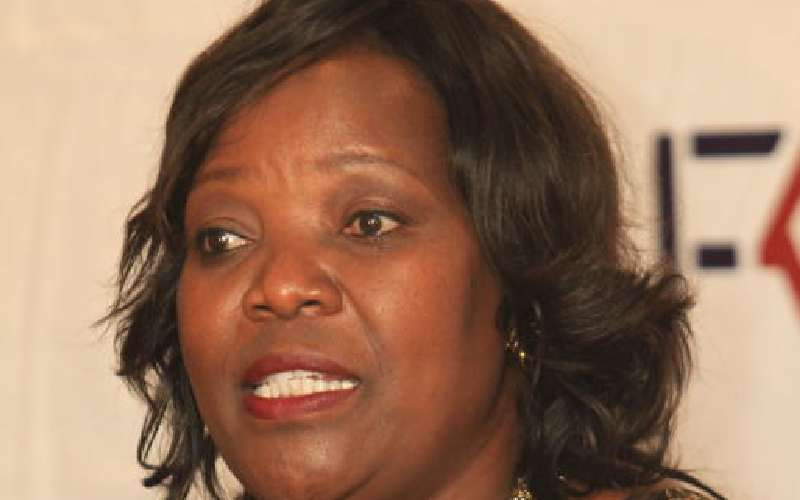
Employers, private pension schemes and some workers' unions have raised reservations over the proposal to increase pension rates by six per cent.
The Federation of Kenya Employers (FKE) said that while the move is noble, the modalities of implementation could be relooked at.
FKE Chief Executive Jackline Mugo said the proposal could lead to double payments, considering the existing private pension schemes.
 The Standard Group Plc is a multi-media organization with investments in media
platforms spanning newspaper print
operations, television, radio broadcasting, digital and online services. The
Standard Group is recognized as a
leading multi-media house in Kenya with a key influence in matters of national
and international interest.
The Standard Group Plc is a multi-media organization with investments in media
platforms spanning newspaper print
operations, television, radio broadcasting, digital and online services. The
Standard Group is recognized as a
leading multi-media house in Kenya with a key influence in matters of national
and international interest.










